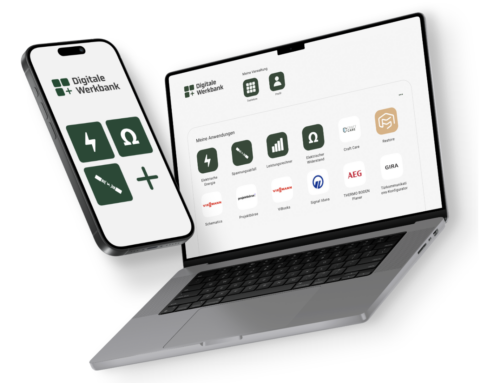Startup Scouting
What does the term Startup Scouting mean? How does a professional Startup Scouting process work? And what can I do if my company needs support in the area of Startup Scouting? – To help you quickly, competently, and efficiently find tailored support when searching for innovation partners in the startup scene, we have compiled everything you need to know about Startup Scouting. Additionally, we offer exclusive insights into the methods and tools used by Ambivation’s Startup Scouts.
The pressure for innovation on companies is immense: globalization and automation, high energy costs, legal requirements to meet climate targets, and the growing relevance of artificial intelligence challenge us to rethink processes and products and invest in more efficient, sustainable solutions. For medium-sized businesses and large corporations alike, this can become a problem if the necessary expertise is not available in-house or time is of the essence, as competitors might already be one step ahead.
As a result, more and more companies are choosing to collaborate with startups. This collaboration can take various forms: as investors, they support the development of products from which they will later benefit themselves. As venture clients or early adopters, they are among the first to test new solutions. In development partnerships with startups, they combine their in-house expertise with the brightest minds in the startup scene.
However, finding and securing these partnerships is no easy task. After all, who has a clear overview of the relevant, credible, and promising startups in their industry? This is where professional innovation managers and startup scouts come into play, identifying the right partners through a Startup Scouting process.
Definition: What is Startup Scouting?
Startup Scouting is a targeted process of identifying and evaluating innovative, high-growth startups. The primary goal is usually to match companies with startups for a specific internal need or an innovation partnership. However, Startup Scouting can also be conducted to gain an overview of new strategies, technologies, or trends in certain industries and to monitor potential competitors. In both cases, the ultimate aim is to enhance one’s competitive position and minimize risks when working with startups.
Who can conduct Startup Scouting?
Larger companies typically have dedicated innovation departments, where Startup Scouting is one of their key tasks. Additionally, there are specialized service providers like Ambivation that focus on Startup Scouting. These providers can take over the entire scouting process if in-house expertise is unavailable. Alternatively, external startup scouts can support innovation departments during particularly busy periods or when highly specific solutions are sought, for instance, in complex international contexts.

How Does the Startup Scouting Process Work?
Each startup scouting process is slightly different, particularly considering the various objectives and requirements outlined above. However, the following steps are typically included:
Kick-off Workshop for Needs Assessment and Goal Definition
A startup scouting process can only succeed if the goals and expectations are clearly defined. This includes financial parameters, the desired type of cooperation, and specific criteria that relevant startups must meet. These could involve technical aspects or questions such as whether only regional startups or global partners should be identified. A joint discussion between the startup scout and the relevant department is always recommended for this step. This allows both decision-makers and scouts to ask questions and clarify details.
Initial Startup Screening by an Experienced Startup Scout
In the next step, the startup scout identifies all startups that align thematically and technologically with the company’s needs. This often results in a list of 50 to 100 startups. At Ambivation, this list is provided to the respective company in the form of a database, though decision-makers are not required to go through it themselves. Instead, the startup scout conducts a deeper review of the startups:
- How mature are the respective technologies or solutions?
- What is the company’s development stage?
- What expertise do the founders bring?
- Has the quality of the startup’s services or products been validated through pilot projects or awards?
- Are there already investors, and if so, who are they?
Detailed Evaluation and Analysis of Selected Startups
After consulting with the company, the startup scout performs a detailed analysis of the most promising startups from the initial screening, typically around ten companies. The results are presented using tags or tables, providing decision-makers with a clear overview and comparison options. For our scouting software Coopsaas, the process looks as follows:

About Ambivation

Ambivation connects innovative companies and startups for cooperation and innovation partnerships. As an innovation consultancy and matchmaker, Ambivation promotes cooperation between established companies and startups within the framework of concrete customer, supplier and research partnerships. We support companies in the identification of needs, startup identification, startup evaluation and cooperation initiation with startups. Formats such as research on relevant startups, startup monitoring, strategic cooperation consulting or event formats such as startup tours serve this purpose. Our monthly newsletter also provides information on current examples of cooperation and events.







